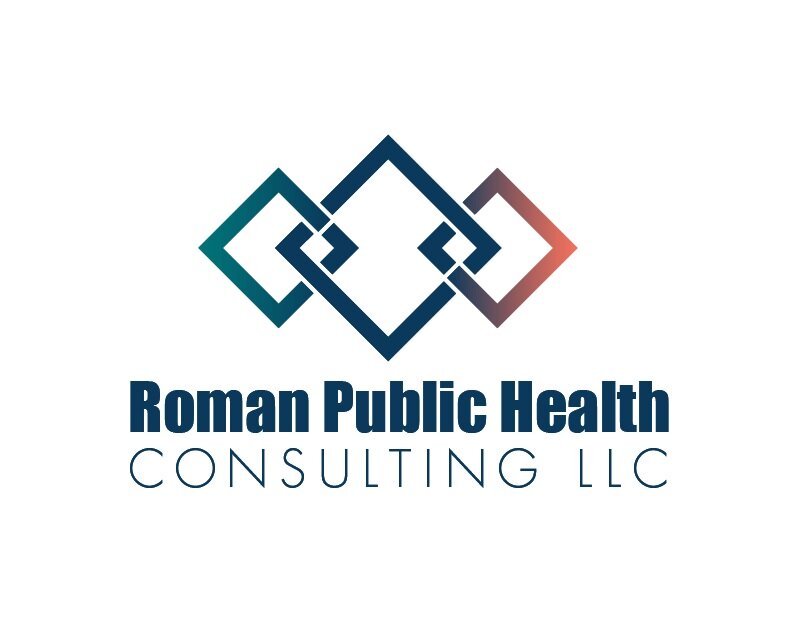Public Health Consulting: Start By Asking Yourself These Five Questions
“Interested in public health consulting? What’s holding you back?”
A few months ago, I posted these two questions on my Instagram account . A dozen people responded with comments and direct messages. There was a lot of consistency in the fears and worries that followers said were holding them back from pursuing consulting. Since these worries are a hot topic for my readers, I’m planning to address them on the blog throughout 2019. Today I am starting with worry #1:
I have no idea how to get started.
I recommend asking yourself these five questions if you are contemplating consulting.
1. What is your primary motivation for pursuing consulting?
What is the goal of this career shift? Is it flexibility in terms of schedule, project selection, or work location? Do you have a unique public health skill or service that is in high demand from potential clients?
It is always important to figure out WHY we are doing something. If you know why you are pursuing consulting, you can more easily align your consulting business with that motivation.
2. Do you have an area of specialty within public health (with respect to skills, topics, services, and/or client type) that you’d like to focus on with your consulting business?
While it is tempting to be a jack of all trades and offer all services to all people, there is value in narrowing your scope. Specializing can help potential clients and referrals identify you as an expert (e.g., “Amanda is known for specializing in K-12 school-based program evaluations.”)
Specializing can also make it easier to identify and speak to your target audience.
3. Who is your ideal client?
Once you have thought a bit about your expertise and possible areas of specialty, consider who would need and want your services. What problem would your consulting service solve? Who is willing and able to pay you to solve that problem?
4. Have you validated your idea?
Sometimes this is easy. If people are already knocking down your door for your specialized skill, then you know that people are willing and able to pay for your service. Sometimes you have to be more proactive to get feedback on your business idea. Connect with people in your network, especially those that match your ideal client. Get their impression of your proposed services, prices, and marketing materials. Perhaps even take on some side projects first to validate your approach before moving to full-time consulting.
5. Have you consulted with experts on the business side of things?
The logistics and administration of starting a business can often be the most intimidating. We are terrified to make a mistake that could cost us money, time, and reputation. I highly recommend speaking with several advisers as you plan your consulting business. For example, an attorney can help you identify the appropriate legal structure for your business, create a contract template, advise on intellectual property issues, etc. An accountant can advise on setting up your accounting system properly, planning for taxes, and discuss the tax implications of different business structures. An insurance broker can recommend appropriate professional liability insurance for your business activities.
Always consult professionals to help you protect your personal and professional assets.
For more resources to get started, check out my new course “Contemplating Consulting.”
If you have more questions to add to this list for aspiring consultants, please comment below!

